News

Mar 27, 2024
Andrew Read named senior vice president for research
Andrew Read, the former director of the Huck Institutes of the Life Sciences and a faculty member in the departments of biology and entomology, has been selected to serve as Penn State’s senior vice president for research.
Full Article
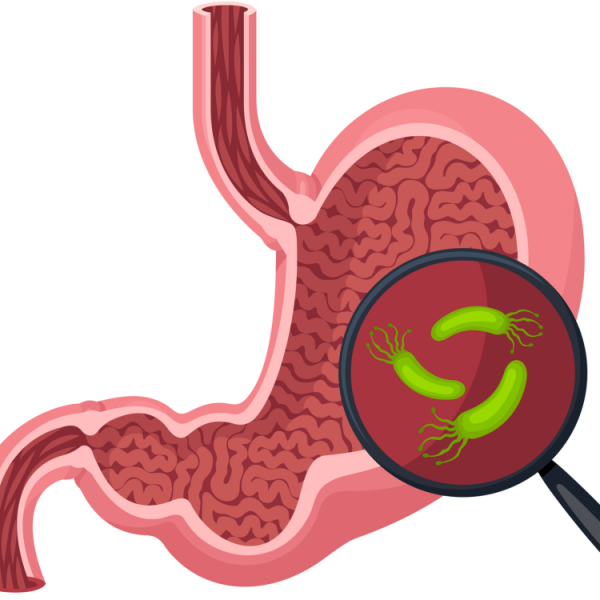
Mar 27, 2024
Synthetic material could improve ease and cut cost of gut microbiome research
A team of Penn State researchers has developed a new synthetic material that could enable scientists to more easily study how microorganisms interact with the gastrointestinal (GI) system.
Full Article

Mar 26, 2024
Hughes named recipient of Kopp International Faculty Achievement Award
David Hughes, Dorothy Foehr Huck and J. Lloyd Huck Chair in Global Food Security and professor of entomology in the College of Agricultural Sciences and biology in the Eberly College of Science, is the recipient of the 2024 W. LaMarr Kopp International Faculty Achievement Award.
Full Article
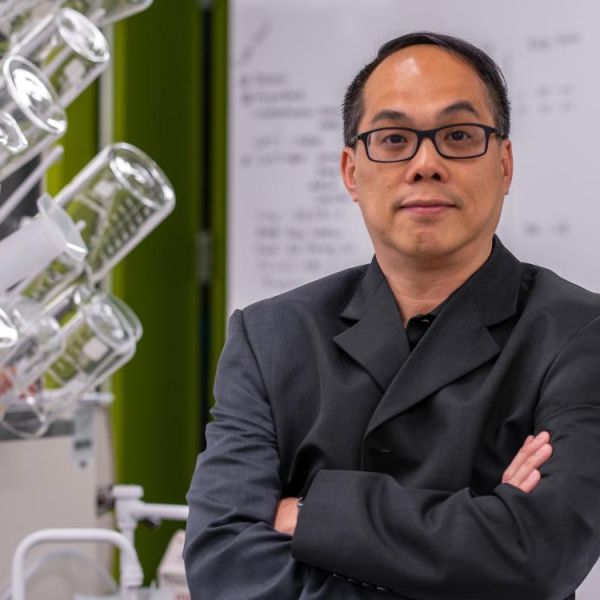
Mar 25, 2024
Listen to your gut: Using microbiota analysis for precision health care
The human body harbors approximately 30 trillion microbes, known collectively as the microbiota. These microorganisms influence various bodily functions, including digestion and metabolism to immune response, according to Pak Kin Wong.
Full Article

Mar 21, 2024
$1.6 M from NSF to improve models that inform marine protected areas
To better understand how populations of tropical reef fish are connected, the U.S. National Science Foundation has awarded a three-year, $1.6 million biological oceanography grant to a team co-led by Eric Crandall, assistant research professor of biology in the Penn State Eberly College of Science. This work aims to help improve models used in fisheries management and may guide the creation of new protected areas for marine species.
Full Article
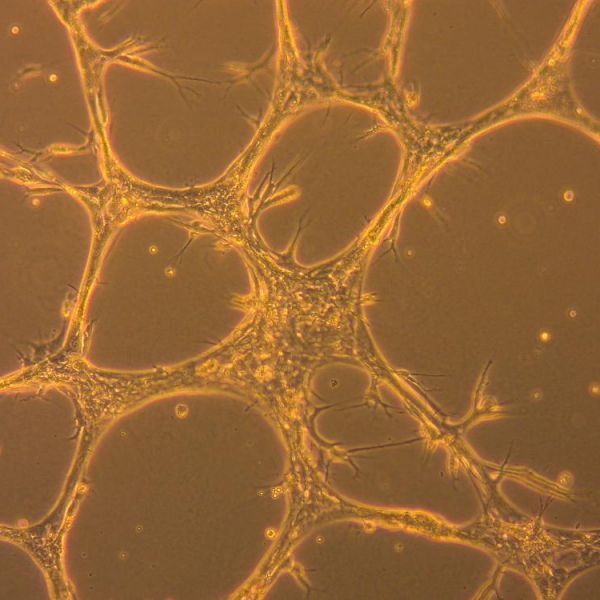
Mar 21, 2024
Two keys needed to crack three locks for better engineered blood vessels
Blood vessels engineered from stem cells could help solve several research and clinical problems, from potentially providing a more comprehensive platform to screen if drug candidates can cross from the blood stream into the brain to developing lab-grown vascular tissue to support heart transplants.
Full Article
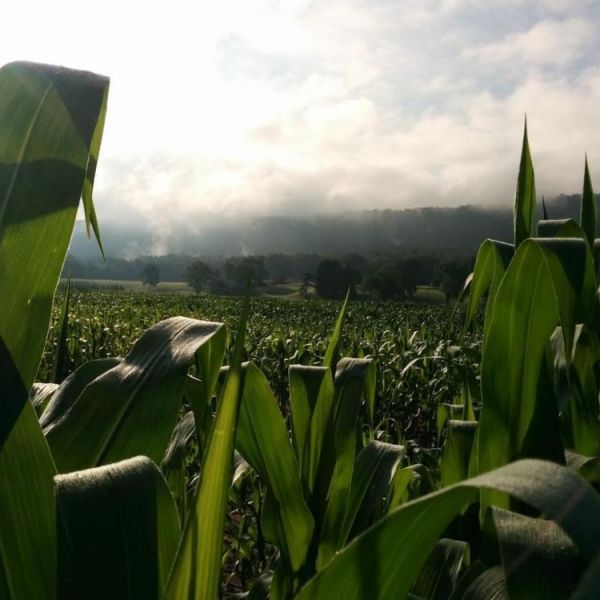
Mar 19, 2024
Novel method to measure root depth may lead to more resilient crops
As climate change worsens global drought conditions, hindering crop production, the search for ways to capture and store atmospheric carbon causing the phenomenon has intensified.
Full Article
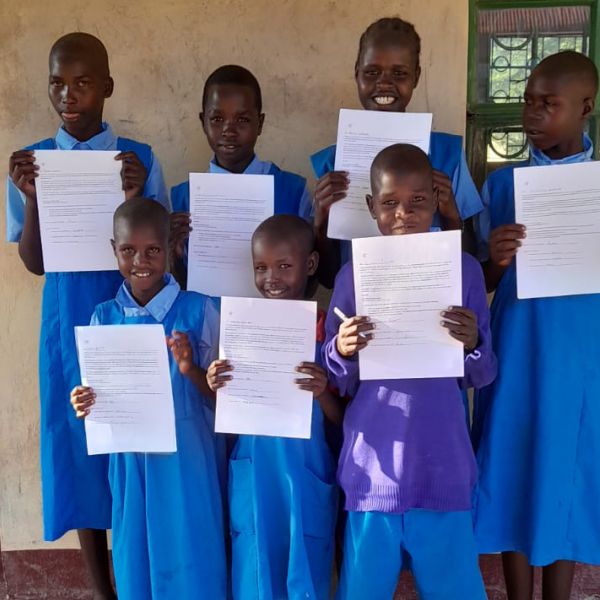
Mar 18, 2024
PlantVillage announces new initiative for child welfare
With a history of successful initiatives in climate change and food security, PlantVillage at Penn State is now extending its reach and influence to address another critical global issue: child welfare.
Full Article
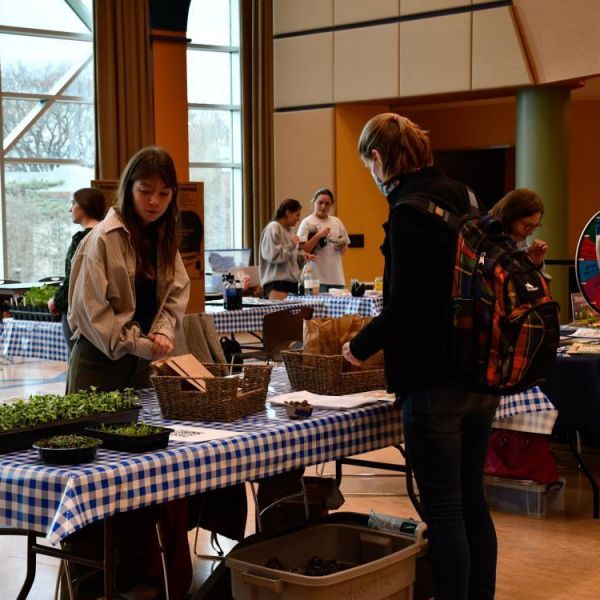
Mar 14, 2024
Ross Student Farm hosts 'Garden Grow-How' for community on March 25
Gardeners of all ages, experience levels and garden sizes are invited to learn new gardening skills and get their hands dirty at the Dr. Keiko Miwa Ross Student Farm’s upcoming Garden Grow-How event. The event will provide seeds and advice for all on Monday, Mar. 25, from 6 to 8 p.m. in Heritage Hall.
Full Article
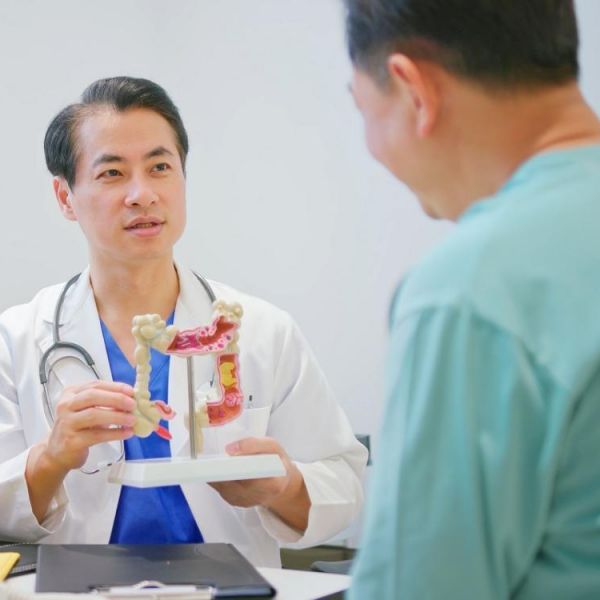
Mar 14, 2024
The Medical Minute: Colon cancer rates higher in rural areas
For health care professionals, it’s maddening. The technology needed to stop colorectal cancer before it turns deadly has never been better.
Full Article